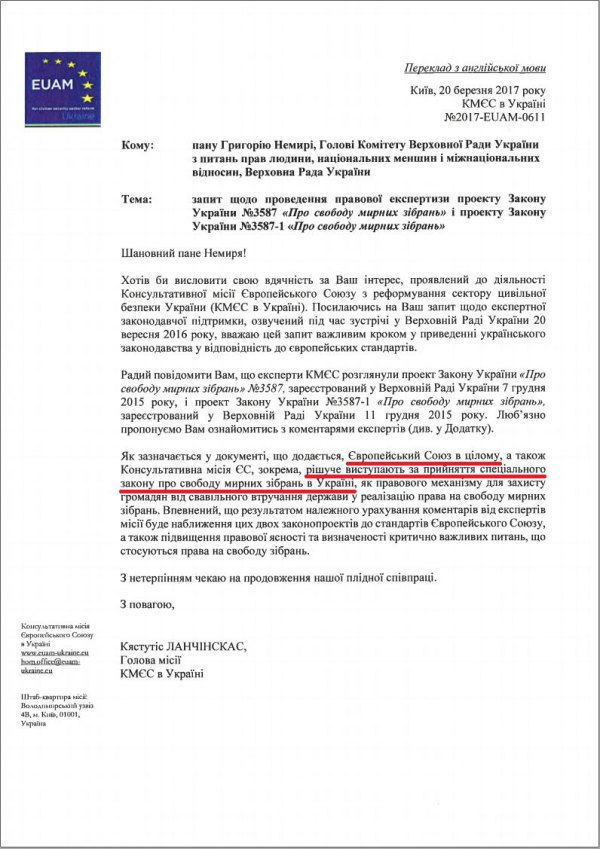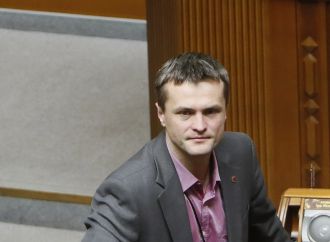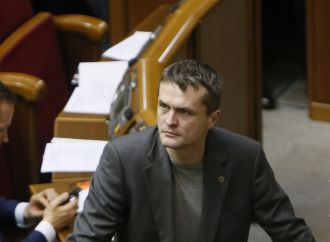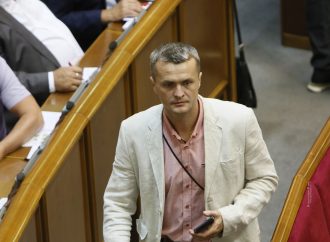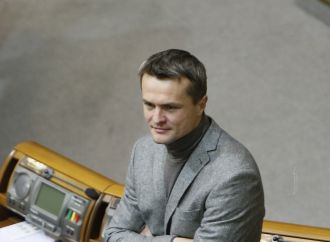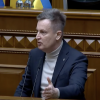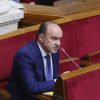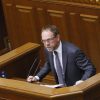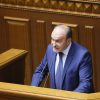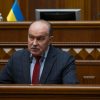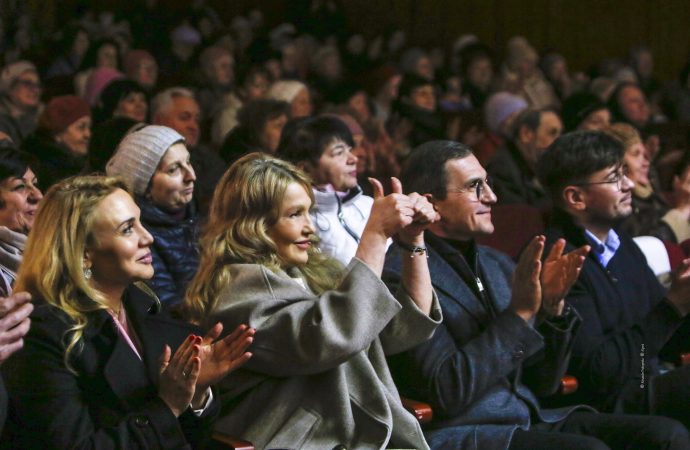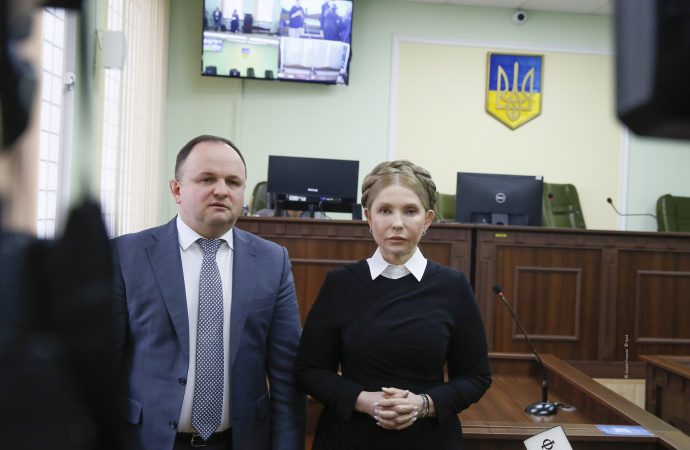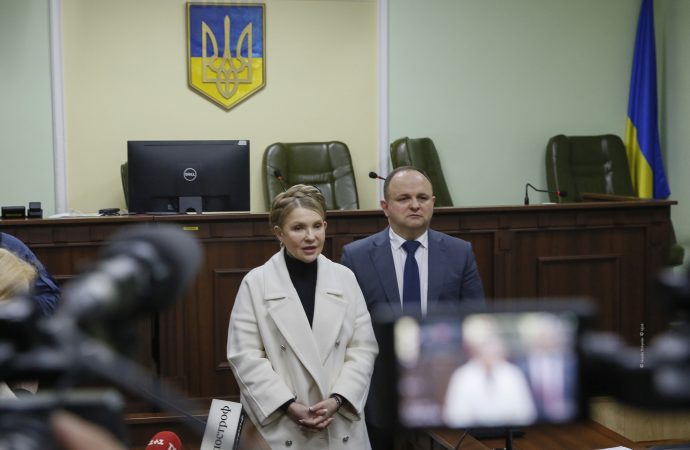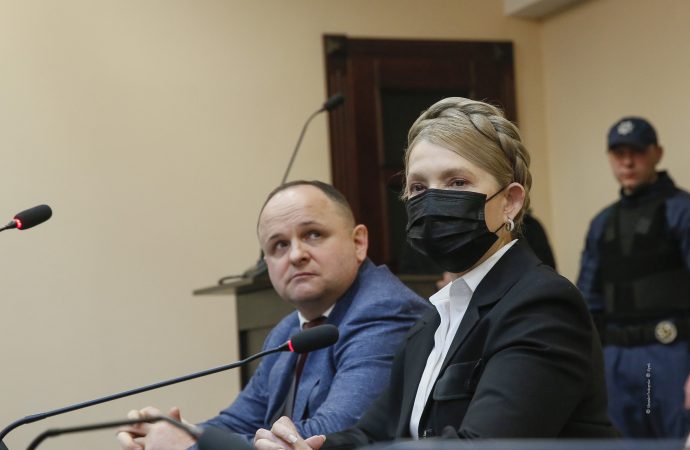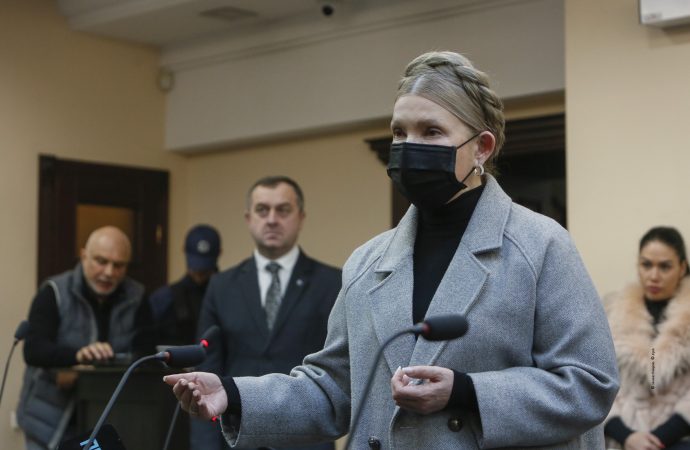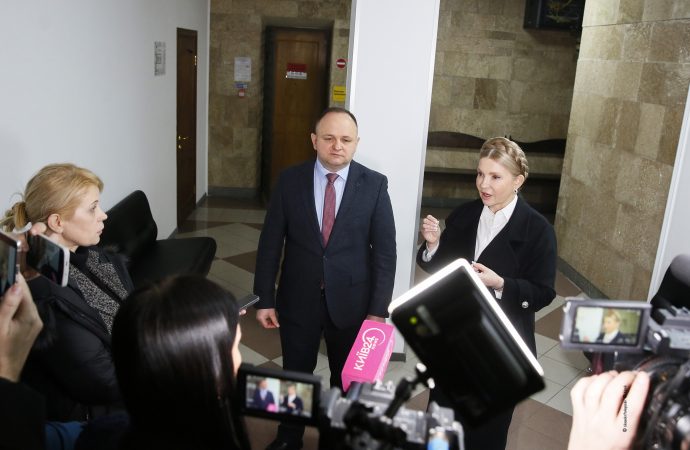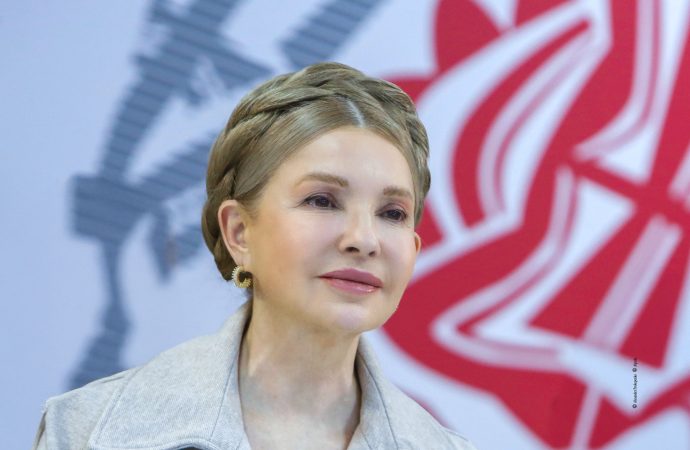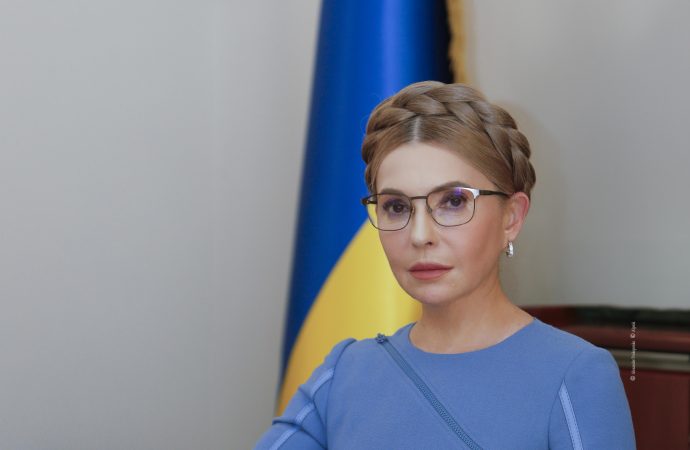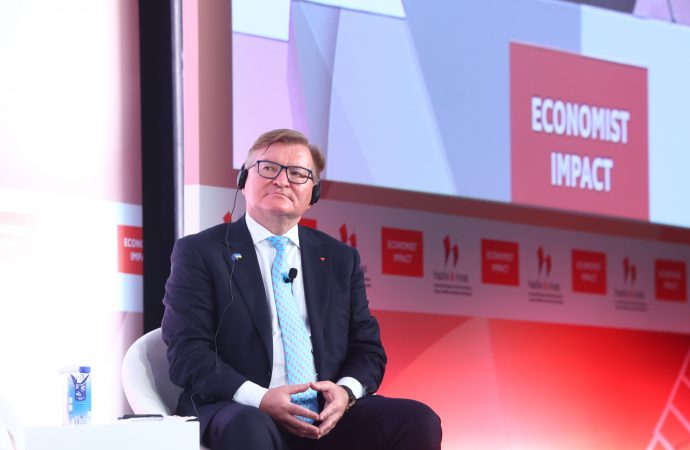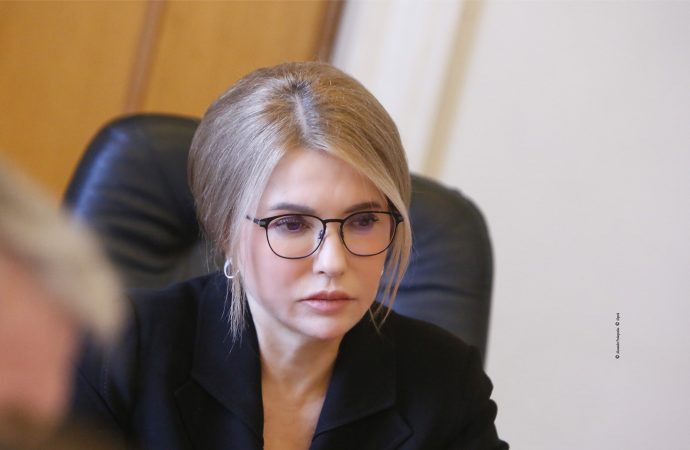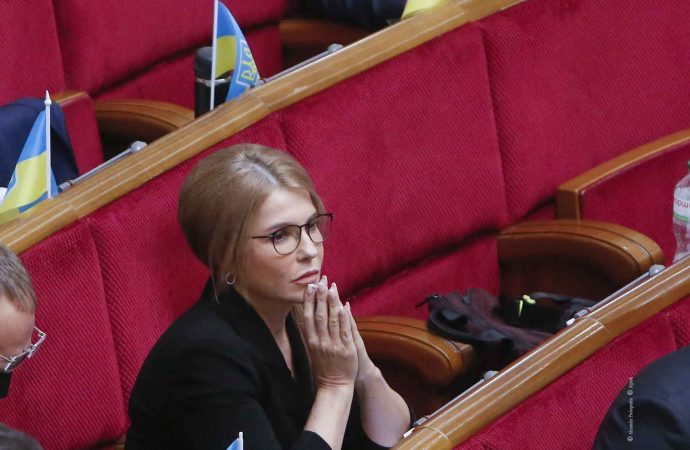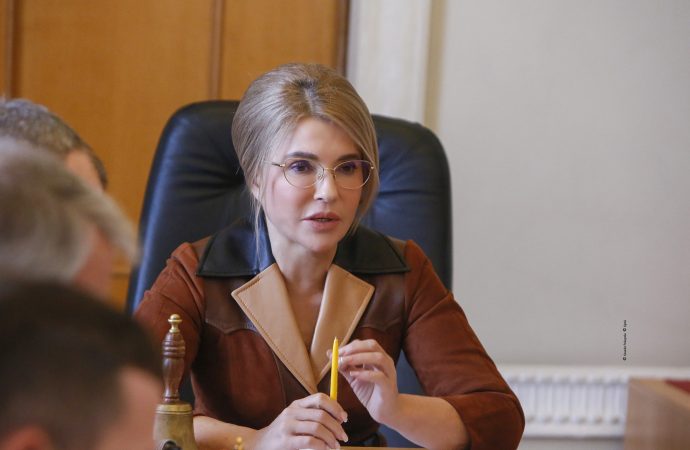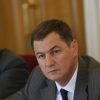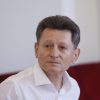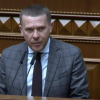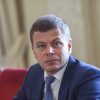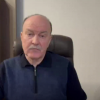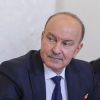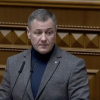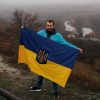Європейські партнери бувають різні.
Хтось розуміє, що українська демократія ще молода, і допомагати потрібно, керуючись принципом «не нашкодь». А хтось настільки поринає у внутрішньополітичні українські ігри, що стає їх частиною і грає за ту чи іншу українську політичну групу в гонитві за дивідендами.
Нам з вами корисно відрізняти перших від других.
В Україні вже декілька років діє поруч з Представництвом Європейського Союзу ще й Консультативна місія Європейського Союзу, яка часто і не завжди узгоджено з іншими міжнародними інституціями намагається вплинути на внутрішню українську політику.
При чому, вплинути не дипломатичним шляхом, а шляхом прямих вказівок, який законопроект і в якій редакції слід приймати.
Так от, Голова Консультативної місії Європейського Союзу в Україні (КМЄС) Кястутіс Ланчінскас, на жаль, загрався.
Спершу пан Ланчінскас вирішив встати на сторону лобістів ідеї ухвалення саме спеціального закону про протести в Україні (навіть більше – на сторону лобістів конкретного проекту закону N3587). Чим повністю проігнорував позицію проти регулювання мирних зібрань спецзаконом, яка існує як в українському суспільстві, так і в українському політикумі (зокрема, я є співавтором аж чотирьох «неспеціальних» законопроектів на цю тему – 2391, 4479, 5455, 5456).
Потім пан Ланчінскас раптом заявляє, що його позиція з цього питання – це, буцімто, позиція Європейського Союзу.
Що не може не збентежити. Бо, наскільки мені відомо, усі міжнародні європейські інституції, які висловлювалися з цього приводу, виступають лише за реформування нашого законодавства загалом.
А буде це шляхом ухвалення спеціального закону, чи шляхом внесення змін у вже наявні закони – це вже виключно наша українська національна справа. Так вважають міжнародні європейські інституції.
Таким чином, маю підозру, що пан Ланчінскас вийшов далеко за межі свого мандату. Про що питаю у своєму листі Голову Представництва ЄС в Україні Хюґа Мінґареллі.
А пану Ланчінскасу і його Консультативній місії, специфікою якої є те, що там працює багато екс-поліцейських, нагадую, що свою свободу зібрань українці звикли захищати за допомогою свободи зібрань.
Навіть якщо на свободу зібрань зазіхають європейські «партнери.
To the Head of the Delegation of the European Union to Ukraine
Mr. Hugues Mingarelli
Dear Mr. Mingarelli,
With all my respect for your Excellency, I would like to draw your attention to the fact that on March 20, 2017 Mr. Kęstutis Lančinskas, the Head of the European Union Advisory Mission Ukraine (EUAM), in his letter N2017-EUAM-0611 to Human Rights Committee of the Ukrainian Parliament noted that EU “in general” and EUAM “are strongly in favor of adopting a special law on freedom of peaceful assembly in Ukraine”, and noted that EUAM “have a clear mandate” for such support[1].
In 2016 Mr. Lančinskas also supported the idea of adopting a special law on peaceful assemblies in Ukraine in his interview in press[2], and during the meeting with the MP-author of one of the Ukrainian versions of a special draft law on assemblies (N3587) Hryhoriy Nemyria[3]. On October 12, 2016 EUAM together with the Ukrainian Centre for Independent Political Research (UICPR) organised a conference with an eloquent title – “A Milestone Anniversary: 25 Years with no Law on the Freedom of Assembly”[4]. A leader of UCIPR, Maksym Latsyba, is an official co-creator of the same version of a special draft law N3587[5]. In the attached letter N2017-EUAM-0611 Kęstutis Lančinskas described the special draft law N3587 as “better structured, more balanced and more comprehensive”[1].
Therefore, I have four questions for the representatives of the EU in case of abovementioned case:
1. Does the European Union really support adoption of a special law on assemblies in Ukraine as the only variant of guaranteeing and supporting freedom of peaceful assembly in the country?
2. Is the European Union against another means of legislation reform in Ukraine, which does not involve a special law on assemblies? For example, against amendment to and fixes of the current Ukrainian laws on freedom of assembly and rewriting of certain secondary legislation acts?
3. Does the EU Advisory Mission Ukraine (EUAM) really have a mandate to support only such means as adoption of a special law on assemblies in Ukraine?
4. Does the EU Advisory Mission Ukraine (EUAM) really have a mandate to support only one version of a special draft law N3587 on assemblies in Ukraine?
Explanation for raising such questions follows.
Take a look at the position of United States Agency for International Development (USAID) which also was the co-organizer of the abovementioned conference[4]. The Director of the Office of Program Coordination and Strategy of USAID David Hutch on October 11, 2016 in his letter answered the same questions, raised by the All-Ukrainian Youth NGO “Foundation of Regional Initiatives”[6]: “USAID also supports the fundamental right to peaceful assembly, as well as the right to participate in the development of laws that affect citizens basic freedoms; however, USAID does not advocate for or support specific legislation or policies – that is for the Ukrainian people and their representatives in Parliament to decide”.
The same idea is in Joint Opinion on two special draft laws N3587 and N3587-1 of the Venice Commission, the Directorate of Human Rights of the Directorate General of Human Rights and Rule of Law of the Council of Europe and the OSCE Office for Democratic Institutions and Human Rights, which was adopted in October, 2016[7]: “It is up to the Ukrainian authorities to choose the appropriate way to satisfy the requirements of this judgment, either by enacting a specific law on freedom of assembly or by introducing amendments to the existing legislation in order to regulate this field” (Art. 12 of the Joint Opinion).
United Nations Special Rapporteur Christof Heyns said in his report about the countries of the world in 2011[8]: “About the 76 countries considered have specialised legislation in place on demonstrations. In other countries, demonstrations are regulated together with other public order issues or in the countries’ penal codes”. As far as I know, even now not all of the European countries have some kind of special laws on peaceful assemblies. 17 out of 39 countries of the EU and the USA, which were surveyed by EUAM in 2016, have no specialised legislation on freedom of assembly[9].
Ambassador Janez Lenarcic, the Director of OSCE ODIHR and Gianni Buquicchio, the President of the Venice Commission of the Council of Europe, in the foreword to second edition of the Guidelines on Freedom of Peaceful Assembly noted the following points[10]:
“Good laws, by themselves, cannot mechanically generate improvements in practice. But even at the legislative level, in a number of cases an inclination towards a so-called command-and-control approach can be identified, as reflected in more regulations, more control and more bureaucratic hurdles.
Approaches to regulating the right to freedom of assembly vary greatly across Europe and the OSCE area. Legislators in different countries have chosen a variety of models. These stretch from adopting specific laws to govern the exercise of this fundamental right to introducing provisions across a diverse array of relevant legislation, such as, most importantly, acts pertaining to the police and general administrative law.
Even when the legislative framework is in compliance with European and international standards and OSCE commitments, challenges to the practical implementation of those laws persist in the region”.
Since 2010 strong street protests of civil society against any attempt to adopt any kind of special law on assemblies took place in Ukraine. In October, 2016 there were protests in 14 cities of Ukraine against the adoption of a special draft law N3587[11]. Today there are eight “nonspecial” draft laws on peaceful assembly in the Ukrainian Parliament, which offer to change the current Ukrainian legislation: 1779, 2073, 2391, 2651, 4479, 5455, 5456 and 6193. I am not only one of the MP-authors of alternative special draft law N3587-1, but also one of the MP-authors of several “nonspecial” draft laws on peaceful assembly – 2391, 4479, 5455, 5456.
To understand one of the main reasons for protests against the idea of a special law regulation in Ukraine, I recommend to read this article of abovementioned Joint Opinion, which was adopted by the Venice Commission[7]: “The Venice Commission, the Directorate and the OSCE/ODIHR delegation learned during their most recent visit in Kyiv that civil society appeared to be divided on the need to adopt of specific legislation on the right to freedom of peaceful assembly. The supporters of the “no-law approach” claim that, civil society in Ukraine is still too weak to control the Verkhovna Rada and fear that in case specific legislation is adopted in Ukraine, the Verkhovna Rada could introduce negative amendments into the specific law during possible future political crises. For them, a safer method would be to amend the existing legislation in order to introduce regulations on freedom of assembly and to adopt some secondary legislation in this field. Others assert that the adoption of a specific law on public assemblies would provide greater clarity and precision regarding the obligations of the State in this field, the grounds for restriction and the procedures to be followed” (Art. 32 of the Joint Opinion).
If you would like to know more about the issues with the idea a the special law regulation you can read the expanded analysis of the draft laws N3587 and N3587-1, which was prepared by the experts of the Ukrainian human rights coalition “No to police state!” – http://www.osce.org/odihr/266221
In conclusion, I would like to say that I can believe EUAM to have its own opinion to play in the Ukrainian political games with the lobbyists of the idea of a special law regulation and the lobbyists for adoption of a special draft law N3587. But is the statement of the Head of EUAM about the position of European Union true? Or is EUAM exceeding its mandate?
Ukrainian democracy is really young. Yet European experts with their special points of view should not become the part of Ukrainian in-house political struggles.
With best regards and deepest respect,
Igor Lutsenko, member of Ukrainian Parliament
Ігор Луценко, народний депутат від «Батьківщини», Українська правда. Блоги, 4 квітня 2017р.

